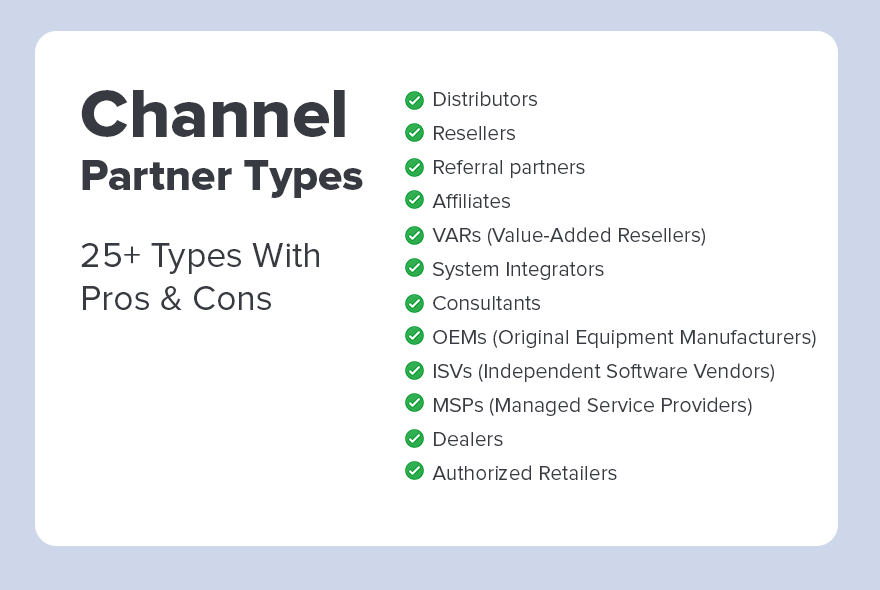It is a data protection and privacy regulation mandated in EU law governing the EU and the European Economic Area (EEC). It is a regulation requiring businesses to control and protect the dissemination of personal data of all EU citizens for any and all electronic transactions occurring within and between the EU member states. The primary goal is to ensure that individuals have control over their own personal data. In addition, the GDPR simplifies regulations governing international business operations by standardizing and unifying signatory regulations. The standards put in place are universal across all member states, meaning there is a single directive to be followed by all, thus creating identical procedures and protecting clients’ rights.
It is a data protection and privacy regulation mandated in EU law governing the EU and the European Economic Area (EEC). It is a regulation requiring businesses to control and protect the dissemination of personal data of all EU citizens for any and all electronic transactions occurring within and between the EU member states. The primary goal is to ensure that individuals have control over their own personal data. In addition, the GDPR simplifies regulations governing international business operations by standardizing and unifying signatory regulations. The standards put in place are universal across all member states, meaning there is a single directive to be followed by all, thus creating identical procedures and protecting clients’ rights.
Why does GDPR Exist?
The simplest answer – The public’s concerns over loss of privacy or loss of data. It is prohibitive to conduct business online (providing credit card information or e-signing an online contract) if one has concerns over access to confidential information. Research shows that clients also lose trust in companies which experience data breaches. To alleviate public concerns over privacy and encourage electronic collaboration, the GDPR ensures that enterprises are obliged to ensure data protection and citizens do have control over their personal information.
Applicability Outside the EU
In addition to governing privacy laws within the EU, the GDPR applies to data and privacy laws for controllers outside the EEA (European Economic Area) working with entities within the EU. (For example an enterprise in the USA partnering with a company in the EU zone).
Regardless of where data processing takes place ( e-signatures or online payments within or outside the EU), EU data protection laws apply. Therefore, the GDPR has extra-territorial jurisdiction for non-EU establishments if business is conducted with people or entities located in the EU. You can rest assured that your data is being protected. Privacy laws do apply, stringent repercussions do exist in case of a data breach or lapse in confidentiality. Additionally, chapter V of the GDPR charter forbids the data transfer of EU subjects to third countries unless stringent safeguards are imposed, assuring third country data protection regulations.
The protection put in place must be deemed sufficient by the EU commission before any data transfer occurs.





